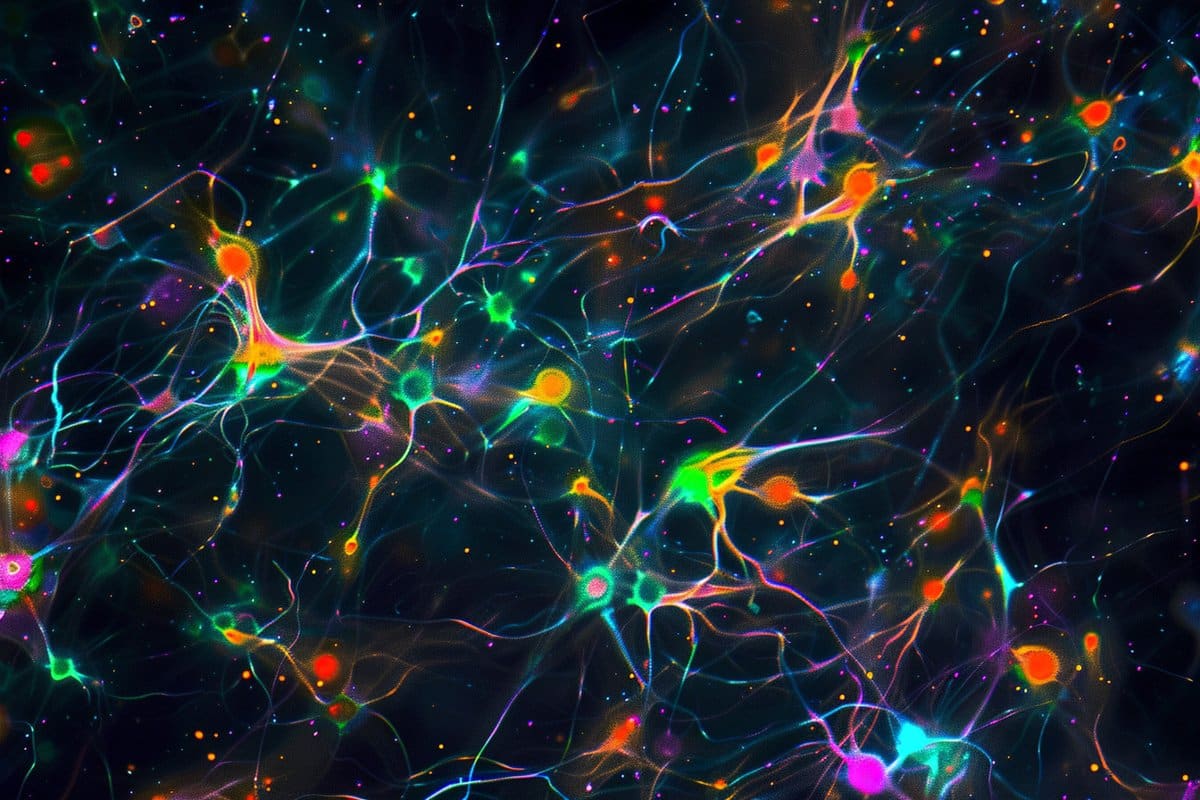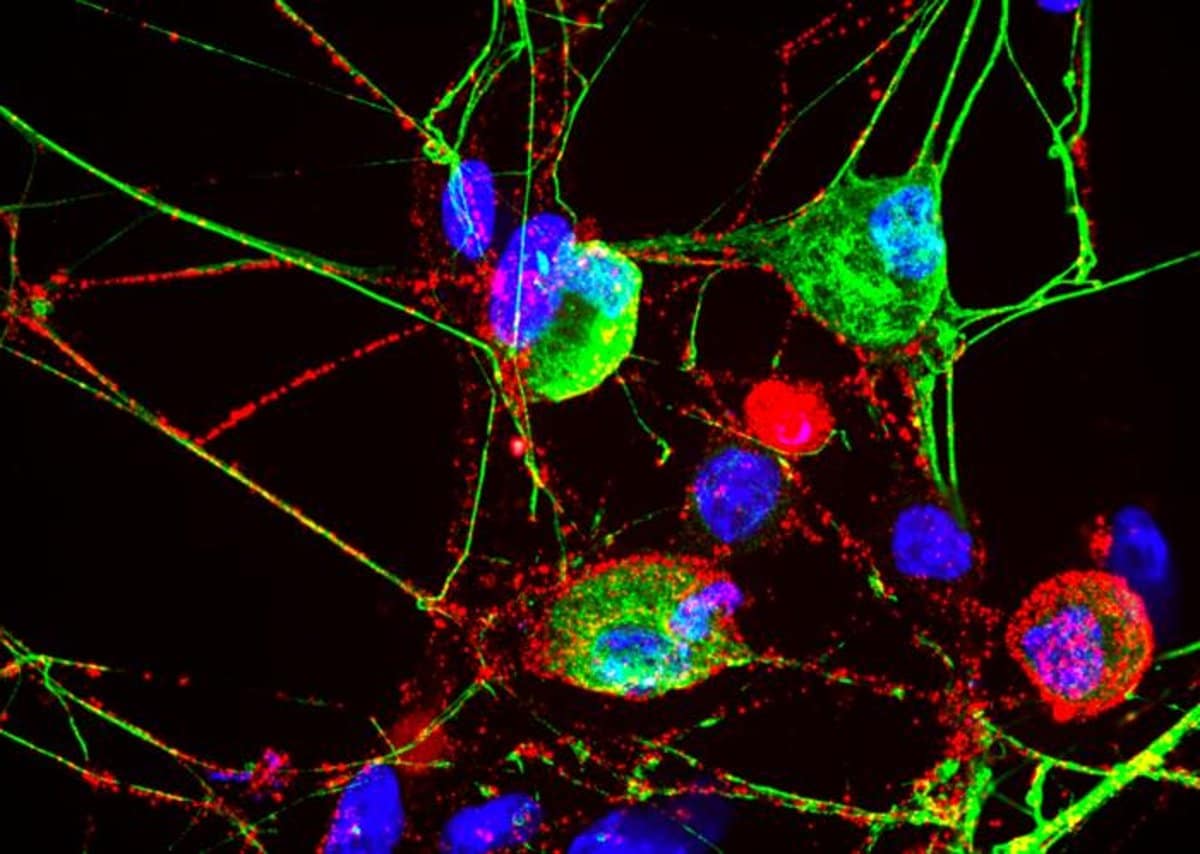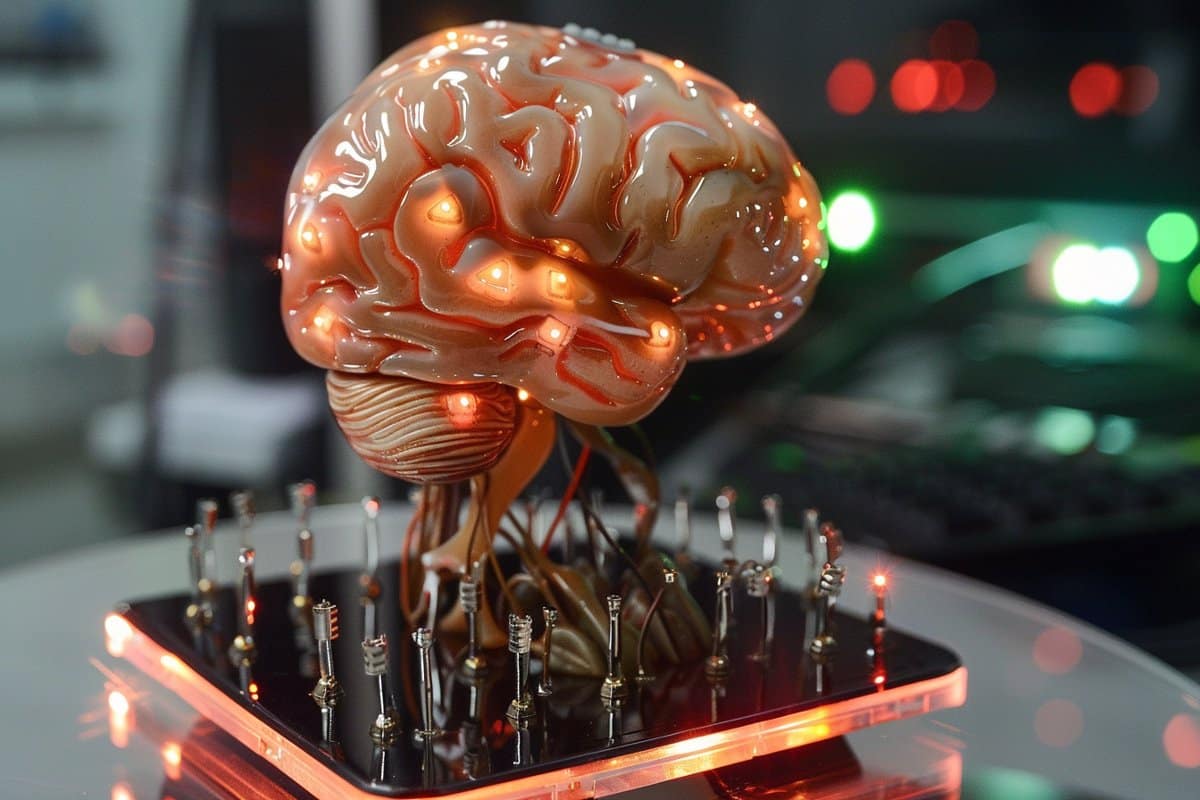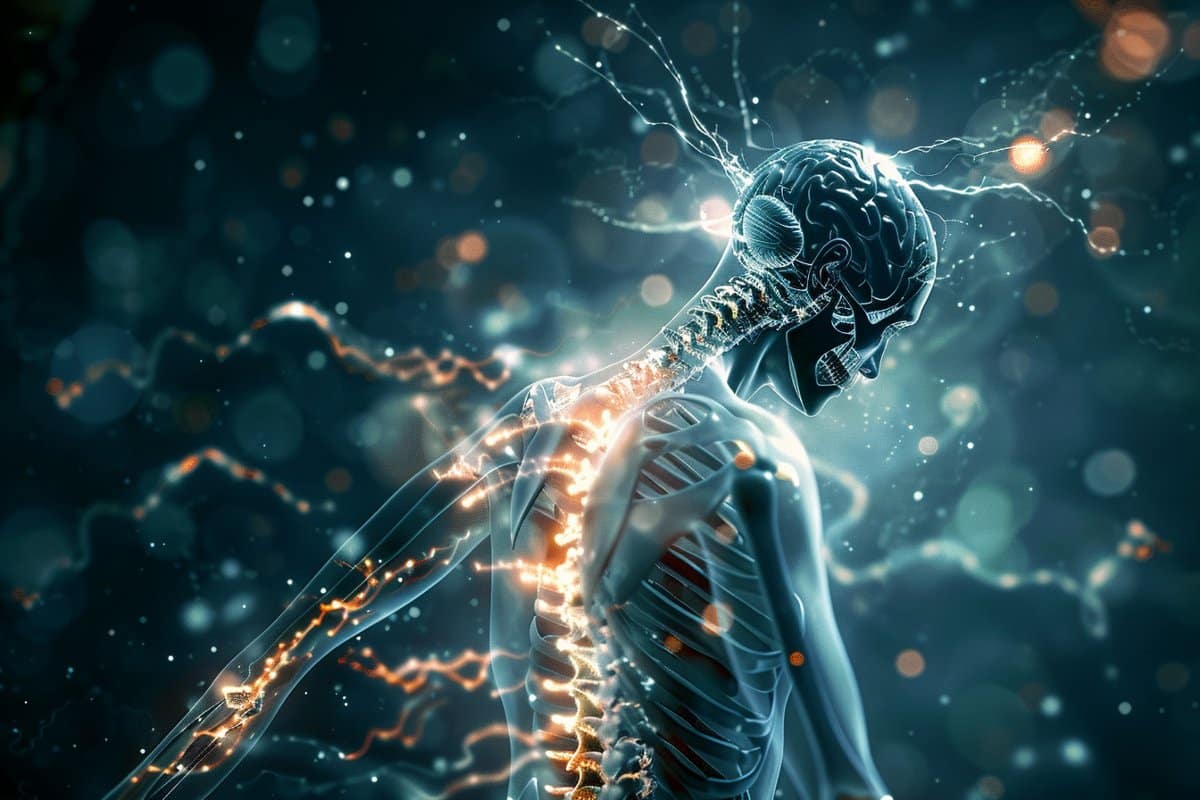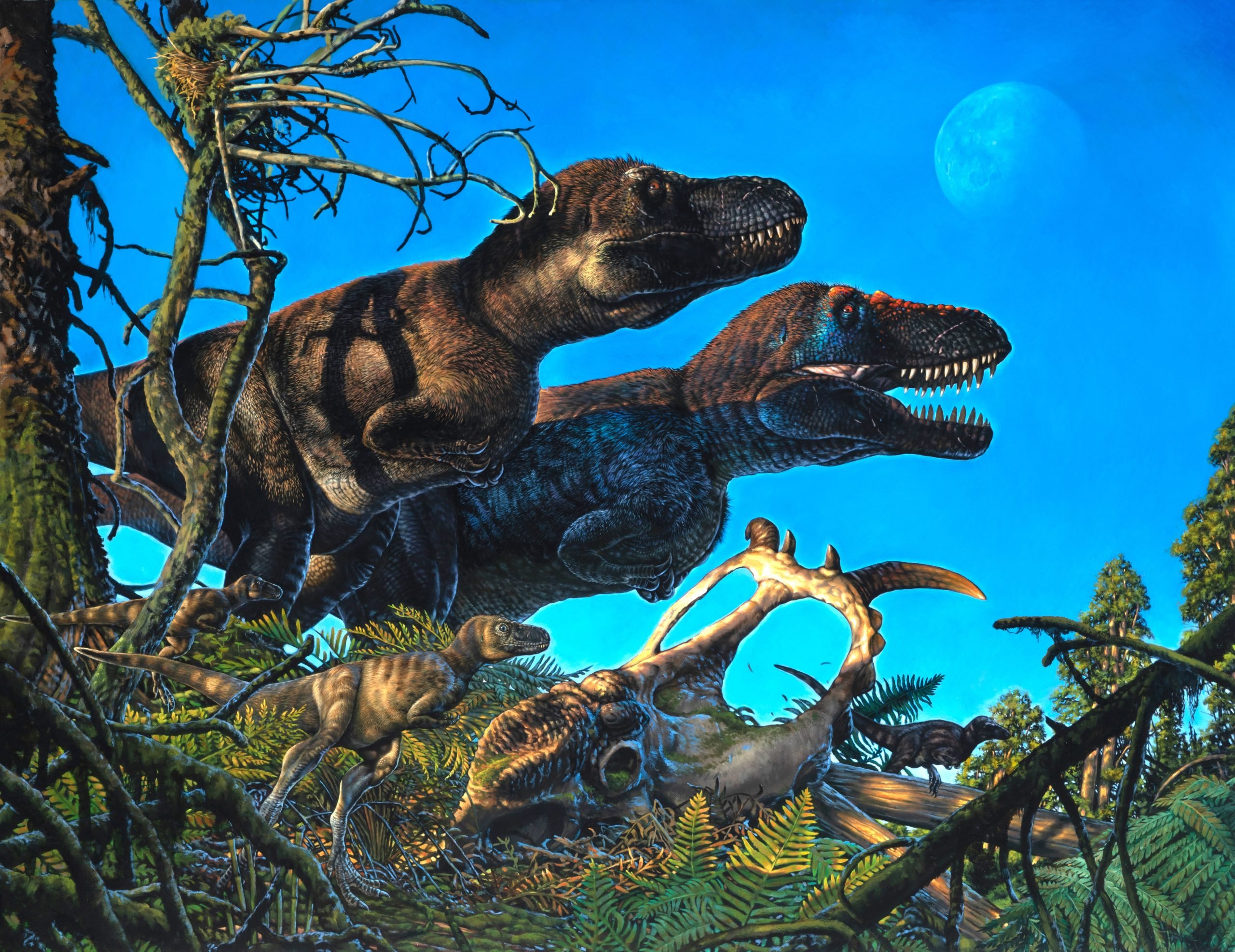neurobiology
Interneurons Guide Neural Transitions During Brain Development
Health
Summary: Researchers identified a crucial role of specific interneurons in brain development. The research identified two types of interneurons, SST+ and PV+, ...
Proteasomes May Be Key to Sensory Signals
Health
Summary: Researchers discovered a novel role of the proteasome, traditionally known as the cell’s waste processor, in nerve cells. Their findings reveal ...
How Brain Networks Sustain Attention
Health
Summary: A new study investigates the brain’s mechanisms behind deep focus. The research employs fMRI to explore low-frequency fluctuations in brain networks ...
Pea-Sized Human Brain Stimulator Invented
Health
Summary: Researchers developed a groundbreaking pea-sized brain stimulator, the Digitally Programmable Over-brain Therapeutic (DOT), capable of wireless operation through magnetoelectric power transfer. ...
Key Brain Systems Implicated in Psychosis
Health
Summary: Researchers provide new insights into the brain mechanisms behind psychosis. The research identified malfunctions in two critical brain systems—the “filter�? and ...
Why Sad Songs Feel Good: Music’s Emotional Paradox
Science
Summary: A new study explores why listening to sad music can be pleasurable. The research involved 50 music students who found that ...
Lucid Episodes in Dementia Explored
Health
Summary: A new study explores lucid episodes in individuals with advanced dementia, revealing that these episodes are not confined to imminent death ...
Paints and Pesticides Linked to ALS Risk
Health
Summary: A new study reveals a possible link between storing chemicals in home garages and an increased risk of developing amyotrophic lateral ...
Spinal Cord Learns and Remembers Movements Autonomously
Health
Summary: The spinal cord possesses its own learning and memory capabilities, challenging the long-held view of it as merely a message relay ...
Nose vs. Gut: Unraveling Parkinson’s Toxic Origins
Health
Summary: A pivotal hypothesis paper challenges existing theories on Parkinson’s disease origins, proposing environmental toxicants as key culprits. This study suggests that ...

